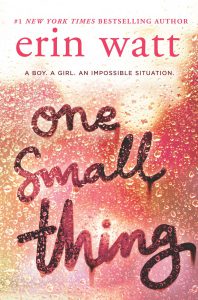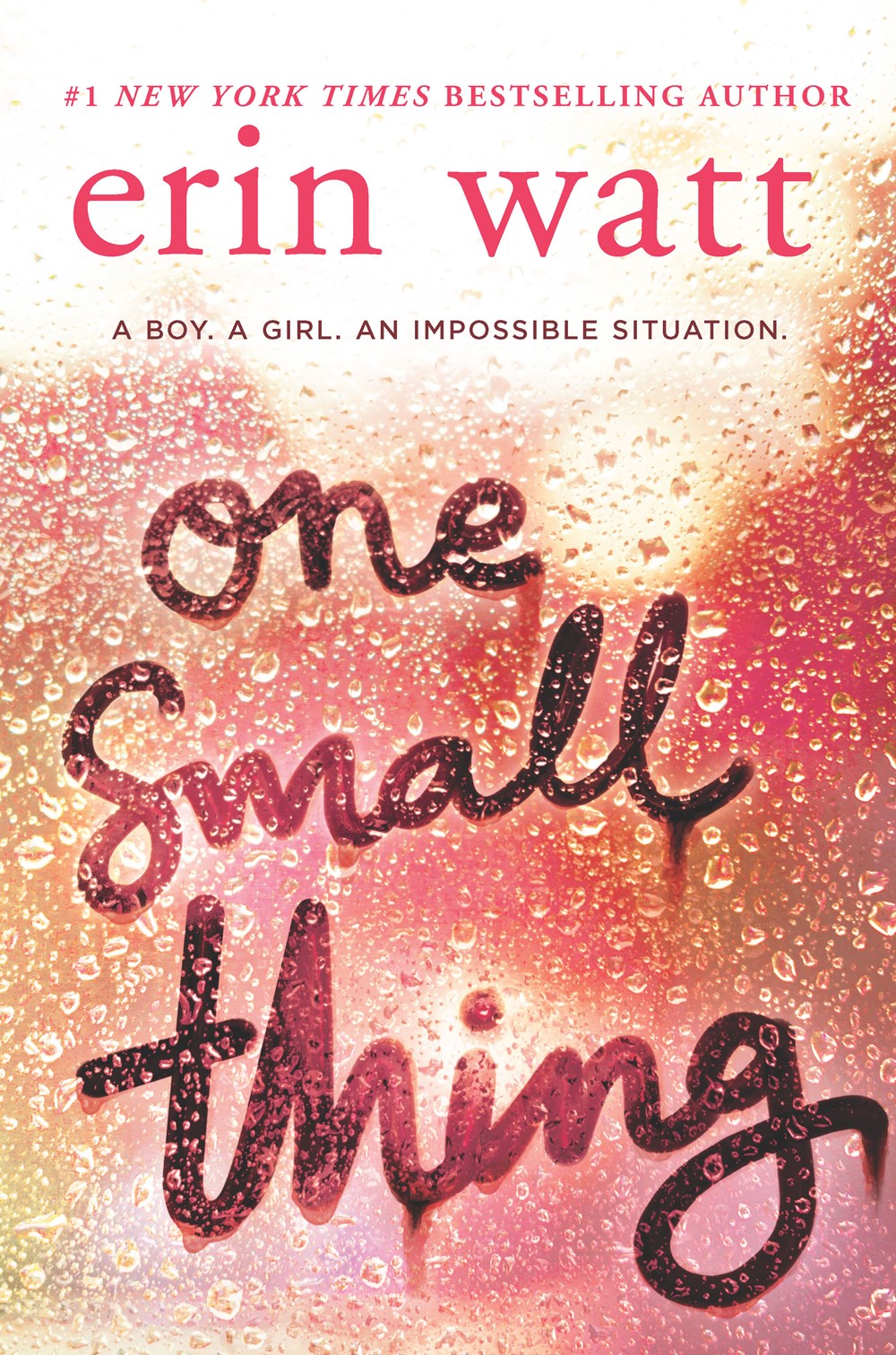 Weighed down by her parents’ rules, paranoia, fears, and three years of betrayal after her sister Rachel’s death, Elizabeth Jones wants to escape the noose and have some fun. Because of the constraint Beth feels, she yearns to “bust windows, get drunk, and have sex with as many people as possible” (136). So, before summer ends and her senior year begins, Beth attends a party and hooks up with Chase, a blond hottie with an aura of controlled calm.
Weighed down by her parents’ rules, paranoia, fears, and three years of betrayal after her sister Rachel’s death, Elizabeth Jones wants to escape the noose and have some fun. Because of the constraint Beth feels, she yearns to “bust windows, get drunk, and have sex with as many people as possible” (136). So, before summer ends and her senior year begins, Beth attends a party and hooks up with Chase, a blond hottie with an aura of controlled calm.
“But it didn’t take very long for . . . the thrill of doing something new and exciting and rebellious [as losing her virginity] to be replaced with bone-deep shame” (32). Once the reality of her actions come crashing down, Beth discovers that her confusion, sense of powerlessness, and absence of direction and passion have more to do with her own grief than with her parents’ overprotectiveness. With Rachel gone, Beth’s passions have dried up like ash and blown away. Beth also discovers that the young man she has slept with is actually Charles Donnelly, the boy who—three years ago—stole his coach’s car and speeding through town, hit and killed Rachel, who had blindly run into the street.
“You can’t like this guy,” Beth tells herself. Rachel is gone because of him. But, Beth does like Chase; “it’s easier to think about the virginity [she] ga
ve him than about what he took from [her]” (165). Despite what he has done, it feels good to not be alone and to talk about grief with someone who understands. Chase is kind and supportive, and he has paid for his mistakes by spending three years in prison. Now, he’s on probation, branded a juvenile delinquent, and the target of bullies at Darling High School.
Rachel’s boyfriend, the decisive and domineering Jeff Corsen with his fancy cars and clothes is on a crusade to get Chase kicked out of school, but Chase remains composed and confident while under attack. Even though Darling needs a lesson in forgiveness, none of Beth’s friends support her when she attempts to defend Chase from Darling bullies while she keeps her “forbidden” relationship with Chase secret.
One Small Thing by Erin Watt explores this convoluted situation with a grace and deftness. Watt leads readers to consider the many sides of Beth’s dilemma, and in the process, we learn that prison can change people. “A self-absorbed, immature asshole know-it-all who thought that stealing his coach’s car was the height of coolness” (262) can morph into a sensitive, wiser-than-his years, tender-hearted young man who gives sage advice. Advice like: “Stop focusing on all the stuff you can’t do and start focusing on what you can do” (163) and “You teach people how to treat you. . . . If you keep causing trouble and stirring up shit, then they’ll treat you like a troublemaker and a shit-distruber” (162).
Chase also shares this strategy with Beth, when she asks how he coped in juvie: “By thinking about tomorrow. . . . No cage is forever, Beth. I tried to find one small thing that I could be grateful for each day, like the extra ten minutes of free time outside, or a work release picking up trash, or ice cream for dessert. That’s how I kept my sanity—I focused on one good thing instead of all the fucked-up stuff” (146).
As the book progresses, Watt invites readers to think of their own “small things” that make like bearable or that we take for granted: a door on a bedroom, access to a car or a cell phone, a volunteer job at an animal shelter, watching a sunset, strawberry-flavored lip gloss the color of roses, a sympathetic look, or a stolen kiss.
Watt further examines how friends and talking can lead to healing. Under the influence of these forces, buried hurt springs from its hiding place, stretches its tendrils, and has potential for examination and extermination. Instead of allowing grief to consume us, we do well to focus on what we can control and on what we have to live for, because there’s always some reason to be thankful or hopeful.
- Posted by Donna

